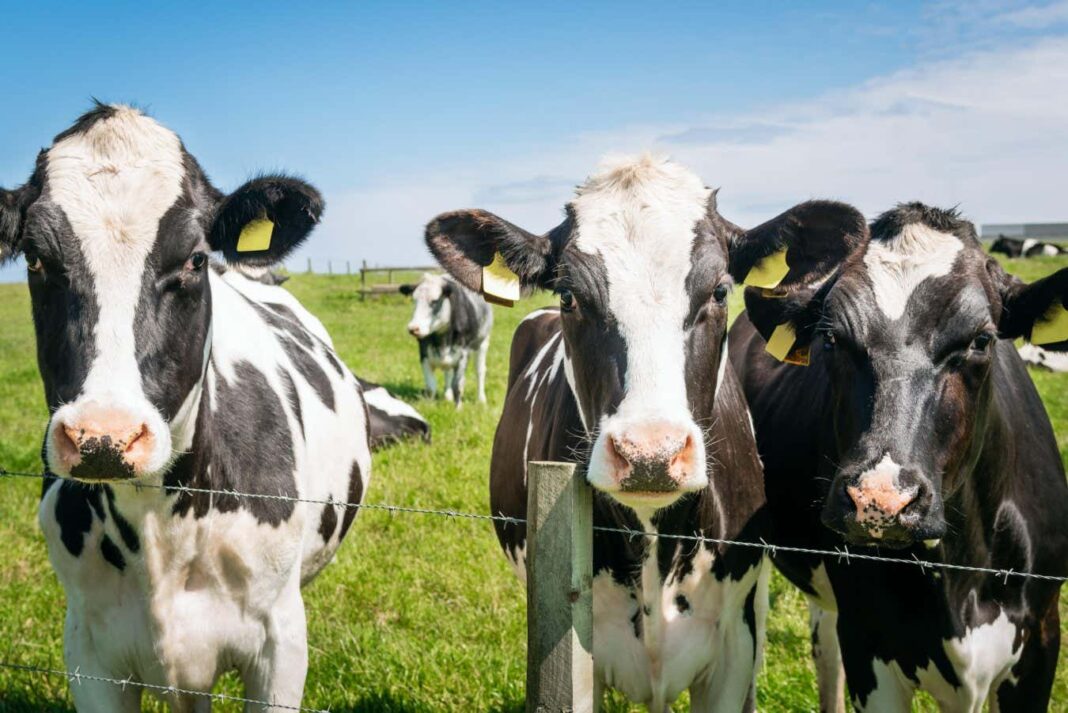Beef contains a fatty acid that could be used to treat cancer alongside existing therapies Alpegor/Alamy A nutrient found in beef and milk could target several different types of cancer by activating tumour-fighting immune cells. With further research, this suggests the substance could be used to supplement existing cancer treatments. Trans-vaccenic acid (TVA), a long-chain fatty acid found in the meat and dairy products of grazing ruminants such as cows and sheep, promoted the destruction of certain types of cells in a series of laboratory and animal studies.
People with lymphoma cancer who have higher levels of TVA in their blood also tend to respond better to immunotherapy than those with lower levels. Diet can have substantial effects on our , says at the University of Chicago. However, studying the extent of those effects is complicated given that such a wide variety of food is available, with variations in how it is prepared.
Advertisement To hone in on these effects, Chen and his colleagues created a library of 255 nutritional compounds, including different proteins and fats. They then turned their attention to the compounds that might specifically support or enhance the activation of certain T-cells, immune cells involved in the body’s response to cancer. The researchers tested the effects of the top six candidates on various kinds of T-cells extracted from mice, which resulted in them honing in on a particularly potent nutrient – TVA.
TVA is one of several kinds of fatty acids and it is transferred to people when they consume meat or milk from ruminants. Humans only break down about 20 per cent of TVA in their bodies, “so it is not considered a major fatty acid for nutrition”, says Chen. Sign up to our Health Check newsletter Get the most essential health and fitness news in your inbox every Saturday.
The role of the remaining 80 per cent had been unclear, but now Chen believes it has an immune function. As part of a series of experiments, the team found that TVA activates anti-tumour immune activity in mouse melanoma cells. Mice with this form of skin cancer or with colon cancer also had significantly reduced tumour growth when they ate a TVA-enriched diet, compared with those that did not.
TVA specifically promotes the anti-tumour activity of CD8+ T-cells, a group of immune cells that are critical for killing cancerous cells, by inactivating a particular receptor, the researchers found. When observing people with lymphoma, they discovered that those with higher levels of TVA in their blood responded better to immunotherapy treatments. And in a laboratory experiment, TVA enhanced the ability of an immunotherapy drug to kill human leukaemia cells taken from three people.
Read more “Our results support a surprisingly important function of TVA in immunity,” says Chen. “To see that a single nutrient like TVA has a very targeted mechanism on a targeted immune cell type, with a very profound physiological response at the whole organism level, I find that really amazing and intriguing. ” The findings back further investigations into the use of TVA to support T-cell-based immunotherapies, says Chen, who adds that people shouldn’t consume excessive amounts of meat or dairy to acquire the fatty acid.
A high intake of red meat has been linked to an increased risk of breast, colon and rectal cancers, for example. “Taking supplements with enriched bioactive nutrients is likely more efficient than consuming foods containing these nutrients,” he says. Journal reference: Topics:.
From: newscientist
URL: https://www.newscientist.com/article/2404225-nutrient-found-in-beef-and-milk-shows-promise-against-several-cancers/?utm_campaign=RSS%7CNSNS&utm_source=NSNS&utm_medium=RSS&utm_content=news



